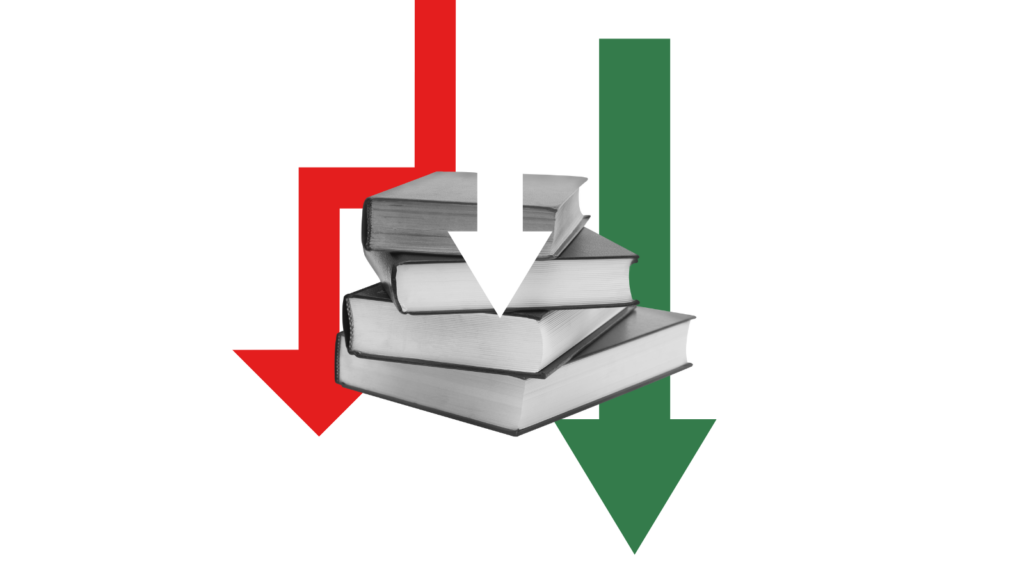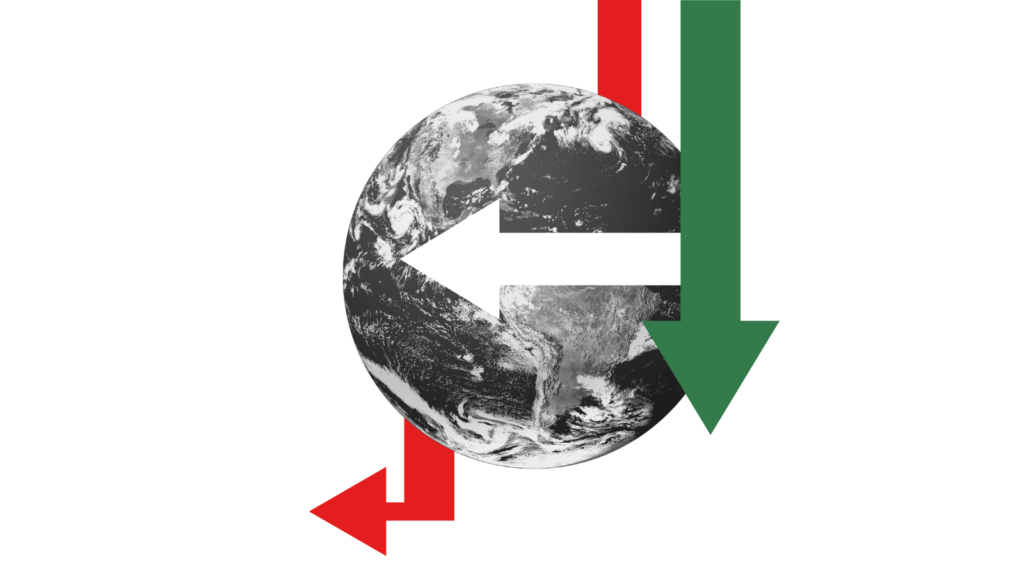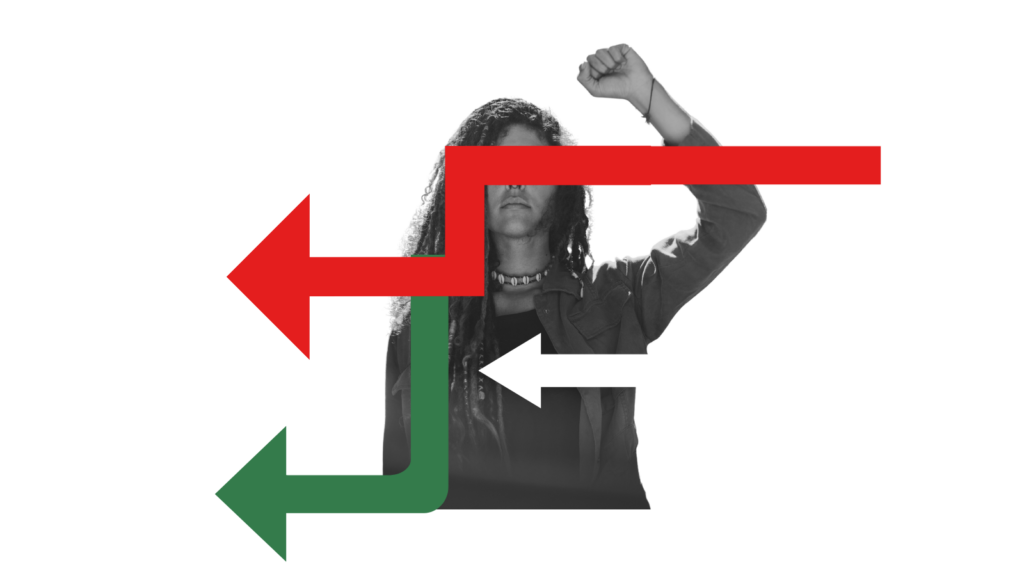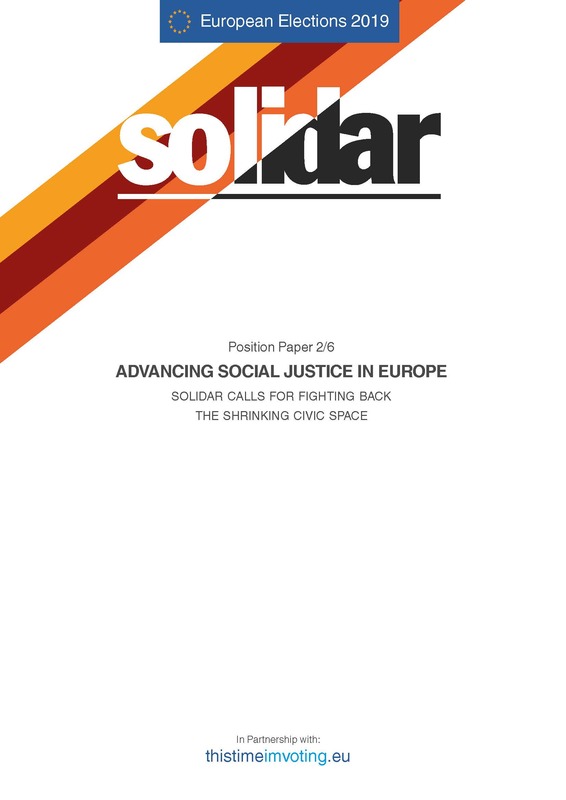Make Europe Great Again or Hungary First? | SOLIDAR’s take on Hungary’s priority for the Presidency
Hungary holds the Presidency of the Council of the European Union from 1 July 2024 to 31 December 2024. This comes at a time of institutional renewal for the EU and in the context of complex economic, social, environmental and geopolitical changes. Will the Hungarian presidency accompany the EU’s new leadership, or will it further undermine its unity?
SOLIDAR analysed their priorities for education, a socially just green transition, international cooperation, and social affairs. You can find the complete programme of the Hungarian Presidency of the Council of the European Union here.
First, let’s have a look at why the Presidency is important: The Presidency of the EU represents the Council in its dealings with other EU institutions. It negotiates legislative texts with the European Parliament and deals with the European Commission. See more on the role of the EU Presidencies here.
Education & Lifelong Learning
In the field of education and training, the Hungarian priorities revolve around competitive European higher education, adaptation to the digital and green transition, and strategic partnerships in education and training, with a focus on higher education, adult education and vocational training.
SOLIDAR Foundation regrets that, just like its predecessor, the Hungarian Presidency offers a narrow understanding of education and lifelong learning as Hungary continues the EU trend to approach education as the sparring partner of the labour market. It fails to view education as a means to help people develop fully in all aspects of their lives, not just as workers or to enhance Europe’s economic standing. Moreover, it overlooks the crucial role of education and lifelong learning in building peaceful, democratic, and just societies where citizens can be actively engaged and develop a sense of belonging to the global community.

This narrow perspective is illustrated by their one-sided approach to education sectors and stakeholders, focusing only on higher and adult education and training, where European competitiveness and economic development take centre stage. SOLIDAR will monitor the expected Council Conclusions on adult education.
SOLIDAR Foundation deplores lifelong learning is omitted from their priorities and will keep advocating during the Hungarian presidency to approach education and lifelong learning from a holistic and value-driven perspective to recognise non-formal and informal learning for people of all ages and backgrounds.
Civic Space & Democratic Participation
SOLIDAR expresses concern also over the vague address of democratic participation among the priorities of the Hungarian presidency.
While there is a welcome reference to the participation of young people living in rural areas, there is no comprehensive strategy for promoting civil participation, for implementing the civil dialogue, and for involving stakeholders such as Civil Society Organisations (CSOs) in the policymaking process at large. This is a priority that SOLIDAR has been advocating for as part of the Civil Society for EU campaign.
Moreover, it is somewhat ironic that a country that has shown no progress in removing obstacles affecting civil society organisations, and for which EU funding had been frozen based on breaches of the Rule of Law and respect of the EU Charter of Fundamental Rights, is now looking into the monitoring of respect of the rule of law within the institutional system of the EU.

We, as SOLIDAR, call on the Hungarian Presidency to show their commitment to EU values and democratic participation also by promoting active measures to foster a safe and enabling civic space in the EU, including by involving CSOs as stakeholders in policymaking at the EU level.
Just Transition
The Hungarian Presidency mentions the need to ensure a socially just green transition but does not elaborate on how to achieve this. Moreover, it views a just transition mainly through the lens of competitiveness and energy security, whereas it should constitute a broader holistic policy framework to advance climate action and social justice together and simultaneously.

The programme of the Hungarian presidency includes the need to meet climate targets and address environmental challenges by “prioritising European competitiveness and equity in the greening of the economy“. To this end, it recognises the need to build public support for the transition.
On energy policy, the Presidency will focus on providing affordable, secure and sustainable energy for EU industry and citizens. Overall, it aims to continue the EU’s work in promoting sustainability, competitiveness and energy security.
Building on the Letta report, the Presidency aims to establish a Competitiveness and Industrial Deal by promoting the production of net-zero technologies, stimulating investment and supporting small and medium-sized enterprises. To achieve these goals, it emphasises the importance of a skilled workforce to support a new EU industrial strategy and create quality jobs.
International Cooperation
When it comes to international cooperation, the program of the Hungarian presidency prioritises Europe’s strategic independence and economic competitiveness, military security, the externalisation of European borders to manage migration and development cooperation is seen as a set of measures to refrain people from migrating. The Programme lacks reference to a human rights-based approach to development, to policy coherence for development as well as any engagement on the implementation of the 2030 Agenda for Sustainable Development nor the Paris Agreement.
According to SOLIDAR, the New European Competitiveness Deal, if not rooted in high labour and environmental standards as well as in fair partnership with partner countries, it risks perpetrating unfair practices such as green extractivism, social dumping and exploitation of cheap labour force. In relation to the defence policy, it raises several concerns for its lack of reference to peacebuilding, human rights, and social justice. SOLIDAR considers that EU Defence Policy should be built upon the Common Security Principles, where cooperation represents the central element for mutual security (versus mere military deterrence).

In relation to Trade, while open and fair-trade relations are seen as a cornerstone of European competitiveness, there is no reference to the role trade policy shall play in promoting sustainability, environmental and human rights protection in partner countries. According to SOLIDAR, a step in this direction would be for EU’s trade agreements to incorporate a binding chapter on sustainability, setting forth complaint mechanisms and sanctions in the event of non-compliance with social, environmental, and human rights clauses, and conditioning the signature and ratification of any agreement on the inclusion of that chapter.
The Global Gateway is mentioned several times in the program where the Presidency announces the adoption of the 2025 Flagship Projects’ list and the intention to adopt Council Conclusions on the effective implementation of the Global Gateway Strategy. It is worth noting the reference to the strategy also in relation to humanitarian cooperation.
SOLIDAR calls for the full engagement of CSOs in the selections of the 2025 flagship projects and full transparency of the selection process and will follow closely the elaboration of the “Council Conclusions on the effective implementation of the Global Gateway Strategy”.
Finally, when it comes to the conflict in the Middle East, SOLIDAR regrets the lack of commitment to promote the respect of international law and international humanitarian law and calls on the Presidency to work towards an immediate and permanent ceasefire and the recognition of a viable Palestinian State.
For a more detailed overview of the external relations and international cooperation Presidency’s priorities, you can check the table at the following link: Hungarian Presidency analysis
Social Rights & Migration
The Hungarian Presidency priorities for employment and social policy include some objectives which, on paper, are in synergy with SOLIDAR’s advocacy. However, the framework in which these priorities fit contains elements of great concern that jeopardise their relevance and make the Presidencies’ intention ambiguous.

In general, competitiveness and the labour market needs are the main drive of the planned work of Hungary. Labour shortages are identified as a key challenge and among the solutions promoted, we can find fostering students’ jobs and facilitating the permanence into the labour market of workers who reached their pension age, defined as “labour market reserves”. This is extremely problematic, as it encourages the expansion of the role of working life, at the expense of personal life and other key activities for personal development like education. The attention to work-life balance and of mental health – inherently contradicted by the previous point – are also presented as features that benefit the labour market and competitiveness in the first place, staggeringly missing the point of their importance for people’s wellbeing and social rights.
The mention of intergenerational solidarity associated with demographic challenges also demands close monitoring. Considering the unpaid care burden that women carry in our societies, this proposal implies risks for gender equality if structural welfare system measures are not put in place to avoid that women keep supporting the care needs of an aging population.
A call for the quality of services and employment is welcome, as well as the mention of gender equality and the inclusion of groups in a vulnerable situation including Roma people and persons with disabilities. Several other marginalised groups like LGBTQI+ people and Migrants, Refugees and Asylum seekers are unsurprisingly missing from the Hungarian priorities. The call for a European Semester that is even more focused on economic competitiveness is worrying as it is hardly conciliable with the need for social measures. The Social Pillar is mentioned only in relation to its employment objectives.
In terms of migration, the Hungarian Presidency of the EU promises to act as a neutral mediator, an ‘honest broker’, on migration issues, despite their well-known opposition to the EU’s migration pact. However, their focus on security and borders raises concerns about neglecting human rights and international solidarity.
While the Presidency emphasizes legal frameworks, it leans heavily on border control and Schengen resilience, potentially overlooking migrant rights and established legal standards. SOLIDAR advocates for robust border rights monitoring mechanisms and prioritizes relocation and reception conditions within a strengthened Schengen system.
Similarly, Hungary emphasizes returns and cooperation with third countries. But such partnerships must ensure respect for human rights and avoid supporting authoritarian regimes.
More importantly, the security-centric approach fails to address the root causes of migration, such as conflicts and climate change. The Presidency should consider initiatives tackling these issues and supporting humanitarian search and rescue efforts.
Furthermore, the emphasis on security and crisis management overshadows the Action Plan for migrant integration and increased funding for the Asylum and Migration Fund. Hungary should actively support implementing and reviewing this plan, consulting civil society, and increasing funding for integration efforts.
Finally, focusing solely on border security and returns ignores the need for regular migration channels and long-term solutions for displaced people. The Presidency should promote expanding regular migration opportunities, enhancing resettlement programs, humanitarian visas, and family reunification – key demands echoed by SOLIDAR.
The Hungarian Presidency prioritises security over fostering a more humane and sustainable migration policy within the EU. A broader approach that addresses root causes, strengthens integration efforts, and creates legal migration pathways is urgently needed.
Conclusion
During the Hungarian Presidency, SOLIDAR continues to campaign for social justice through a socially just green transition and advocate for our priorities in the fields of education, international cooperation, migration and social rights. Find out more about SOLIDAR’s asks here.




